This week at the SFF Seven we’re discussing what we were supposed to be – the vocational advice young writers get because writing doesn’t put food on the table™
I really loved KAK’s epic tale from yesterday (for some reason Google has decided I’m not allowed to comment anymore), in part because I am also not the author who Always Wanted to Be a Writer.
Not because I didn’t love reading and writing – I always, always did! – and I even won a poetry contest when I was eleven or twelve and I wrote poetry (really bad poetry) all through high school. I contributed them to the high school literary magazine, anonymously because I was a weenie. I took AP English and my teachers praised my stories and other writings.
But, dear reader, never did one person suggest that I become a writer. Nobody ever thinks that a career as a writer will put food on the table™. To be fair, it generally doesn’t, and it takes a long time to get there, unless you hit the literary equivalent of the lottery. Like all the pretty aspiring actors from the Midwest arriving in Hollywood on the bus, very few of us become superstars. Most of us get really good at waiting tables
Sometimes, though, I wish someone had suggested that as a career for me. Instead, like KAK, when I was told I could be or do anything, those suggestions shaded toward other careers. Science! Medicine! Biology! While I greatly appreciate that so many adults in my life recognized my strengths in the STEM areas and encouraged me to apply myself, I regret that I didn’t direct some of that application to writing.
See, when I was headed to college, there was a scholarship offered for someone in English/Literature. You had to write an essay and the winner got… I don’t even remember. Free ride? Fame? Glory? I can’t even remember, but I wanted it. I had this idea of surprising everyone with my sudden literary talent. So, even though I was enrolled as a pre-med student, I wrote an essay for this scholarship in the lit department.
Now, my mom and I had this back and forth then, where she HATED that I put off schoolwork until the night before. I was a terrible procrastinator – something I had to change about myself in becoming a novelist – and I’d gotten pretty good at gliding by on last-minute efforts. That’s what I did on this essay, whipping it out in a frenzy and I still thought it was brilliant.
And someone else – let’s call her Brienne Merritt – won the scholarship. You can Google her. She’s beautiful, blonde, athletic, intelligent, talented, and she won MY scholarship making her the ideal nemesis for a young me. I’m not tagging her because we aren’t friends and never were, though we have a lot of mutuals. I kind of doubt she even knows I exist. I was that gal at the party in Say Anything that comes up to Ione Skye and babbles on about how their competition made her work harder and Ione finally says, “me too!” just to be polite.
(I notice that Brienne is now a nurse, which makes for a funny reversal.)
Anyway, the advice I did get, that was the best vocational advice I received, came at the end of college from my Comparative Religious Studies advisor, Professor Hadas. I was trying to decide between many post-college paths and interests – medical school, it turns out, was not one of them – and he told me to stick with science.
I know, right? Basically the same as everyone had been telling me all along, but he had wise advice along with it. He advised me to pick a career (and post-graduate education) that would put food on the table™. He told me I was fortunate to have strengths in areas that people would pay me to work on. And that having that income security would give me a foundation to continue to learn and grow, to follow my more esoteric interests.
It was truly good advice.
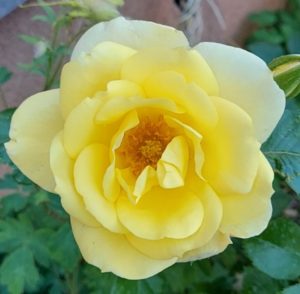
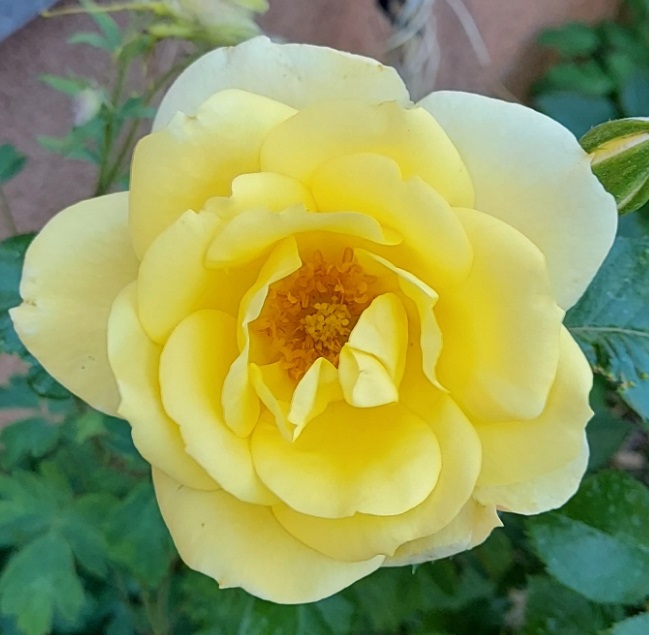
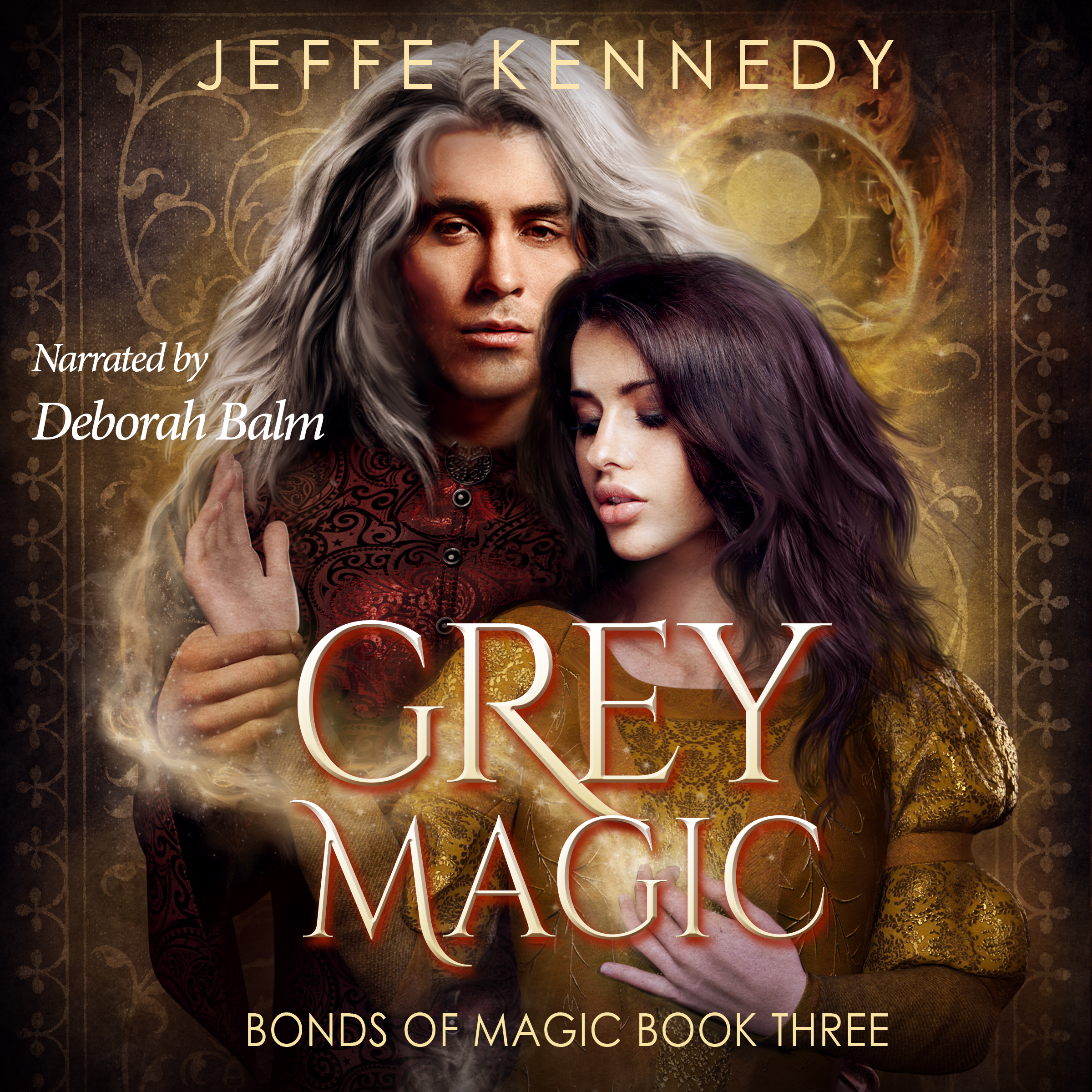
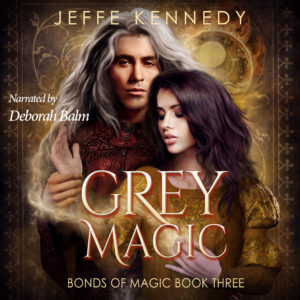

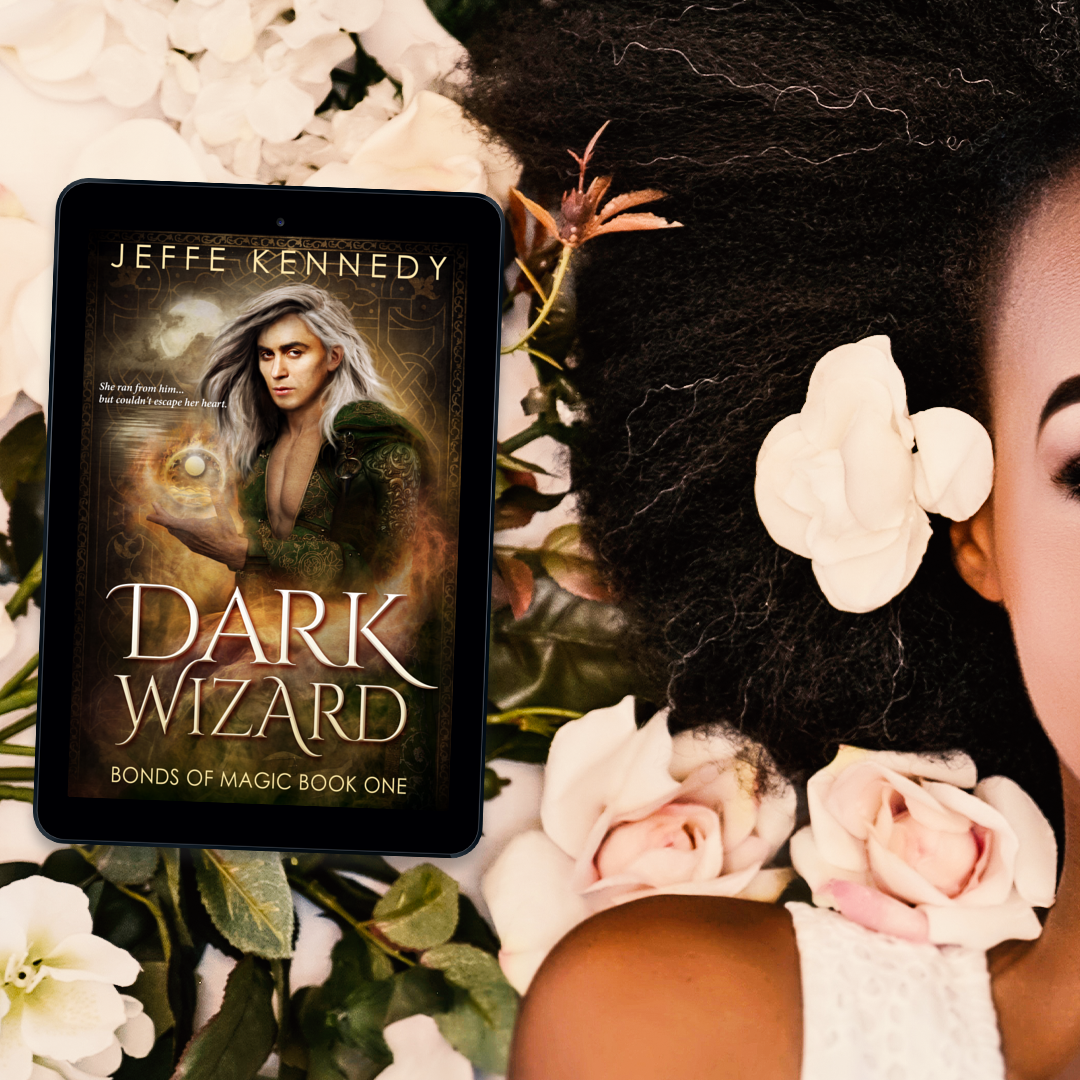
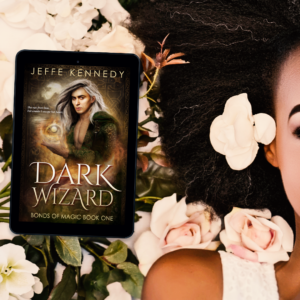
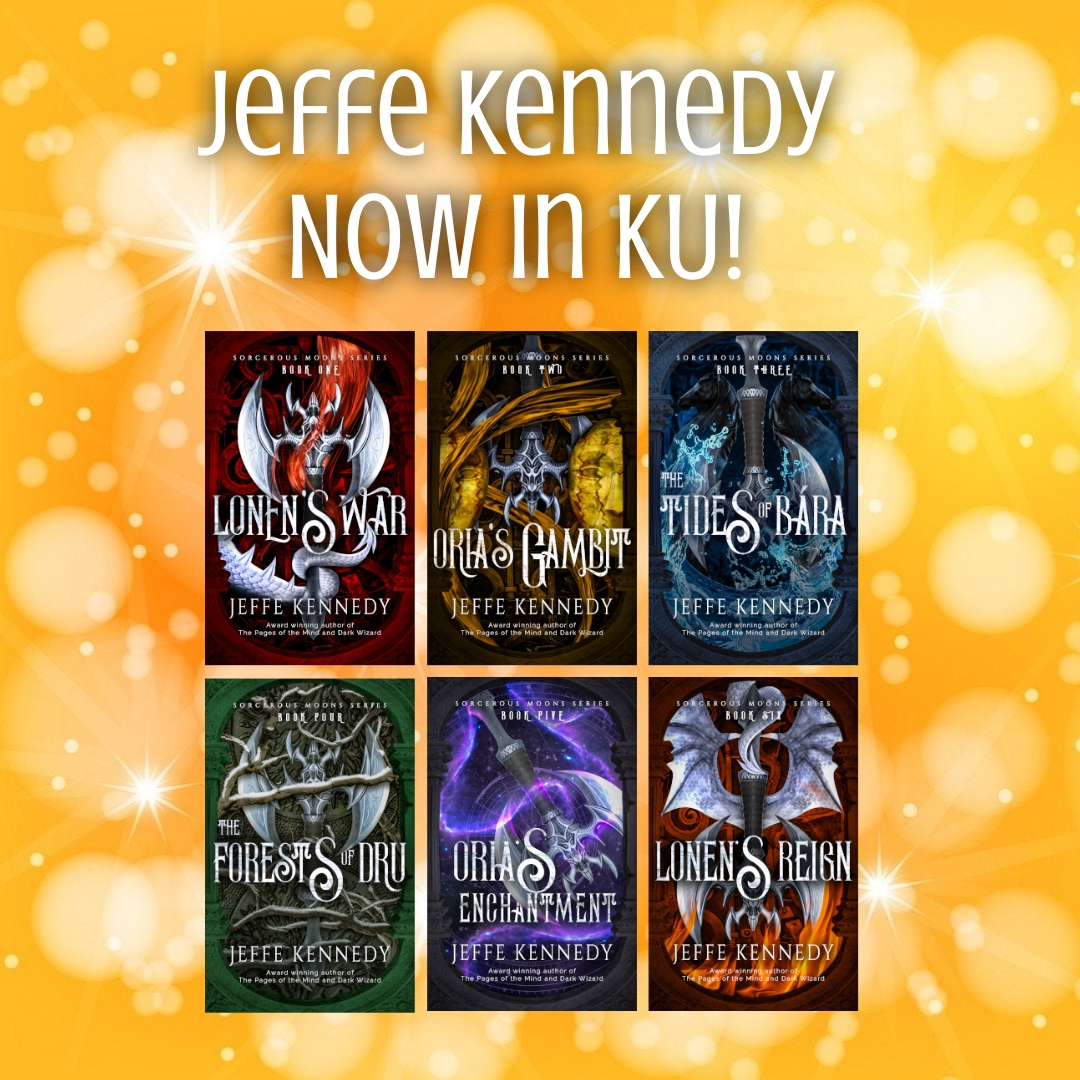

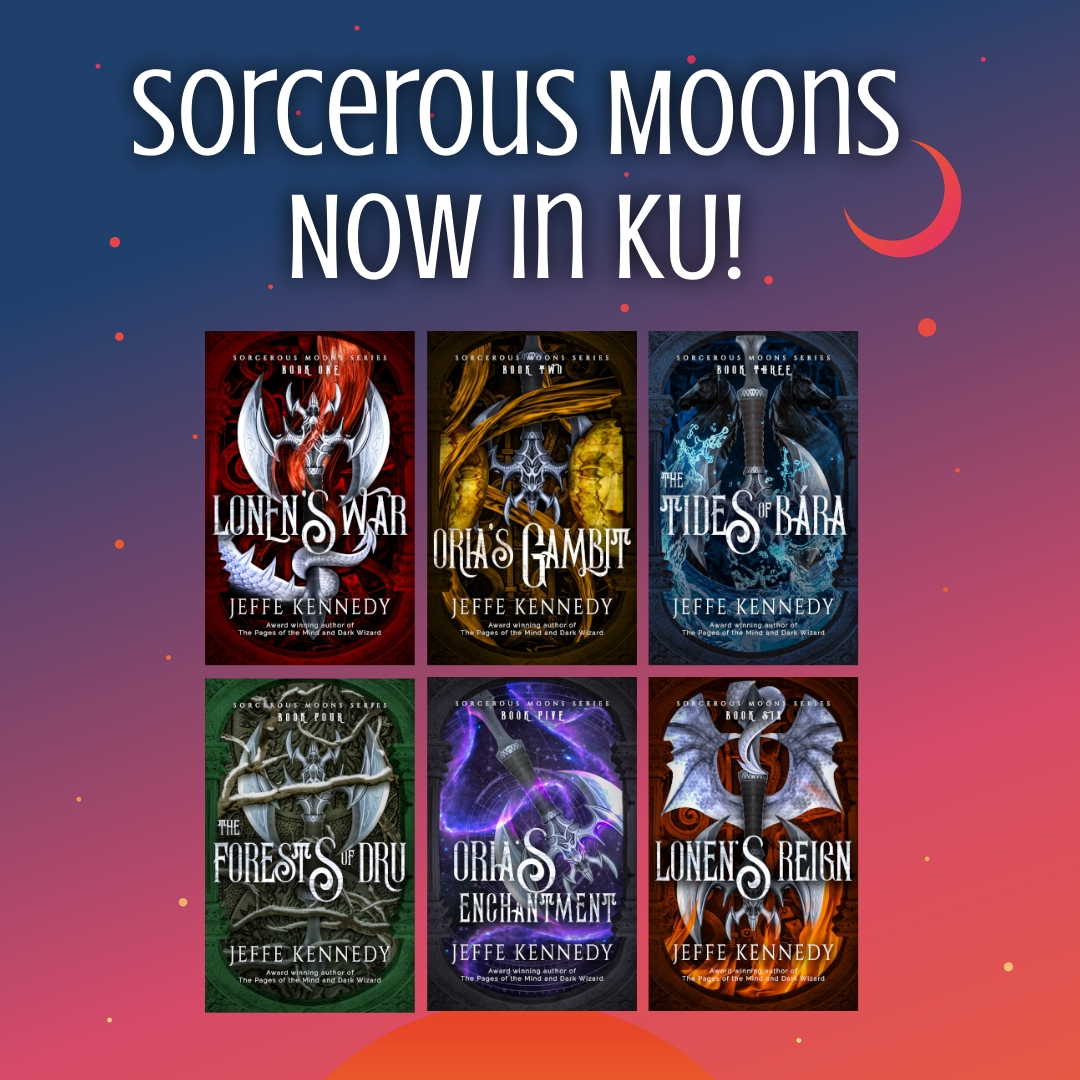
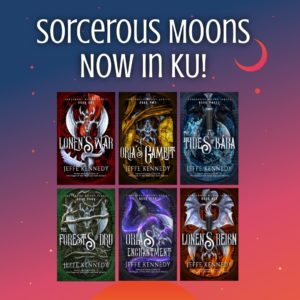

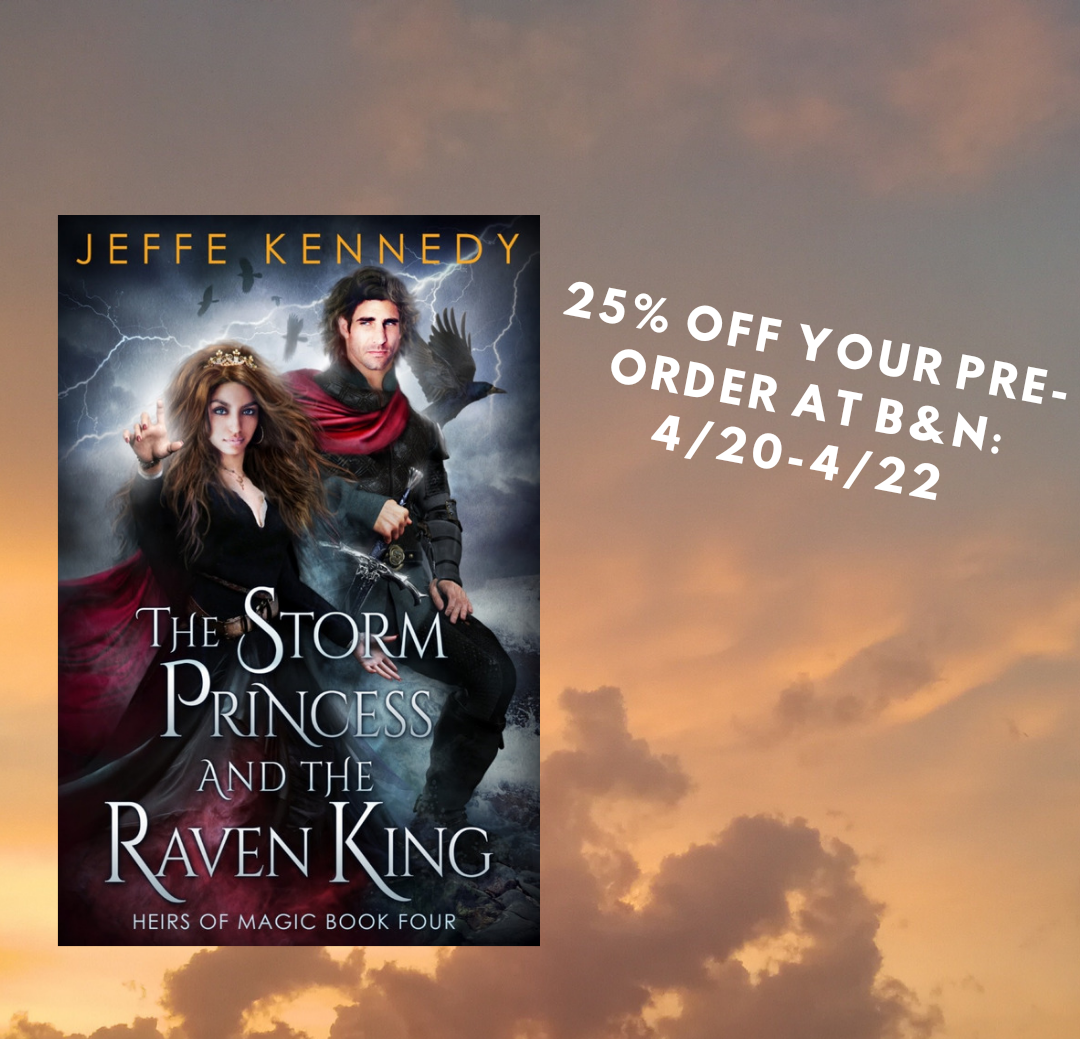
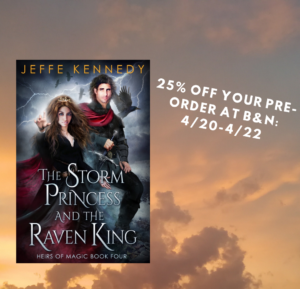

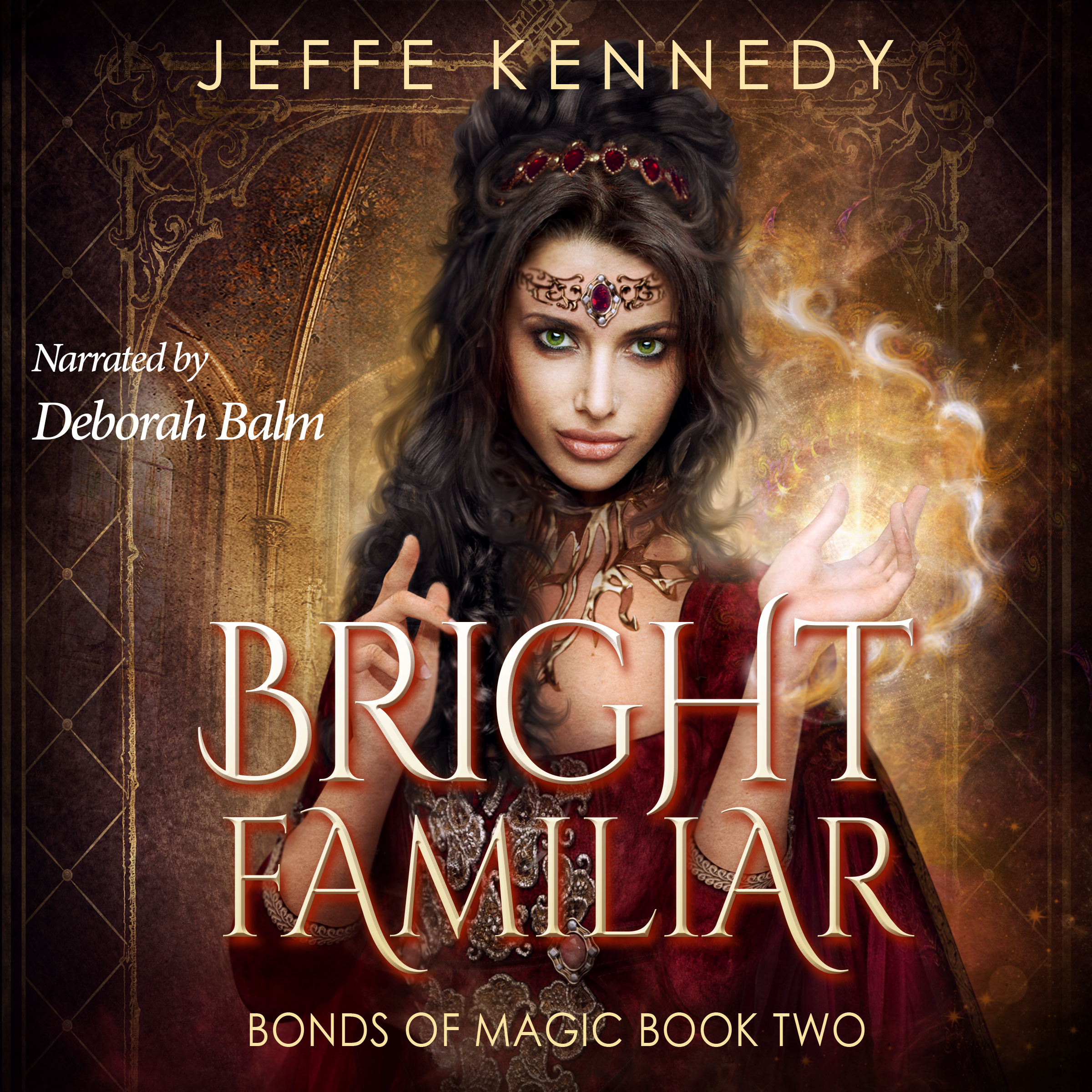

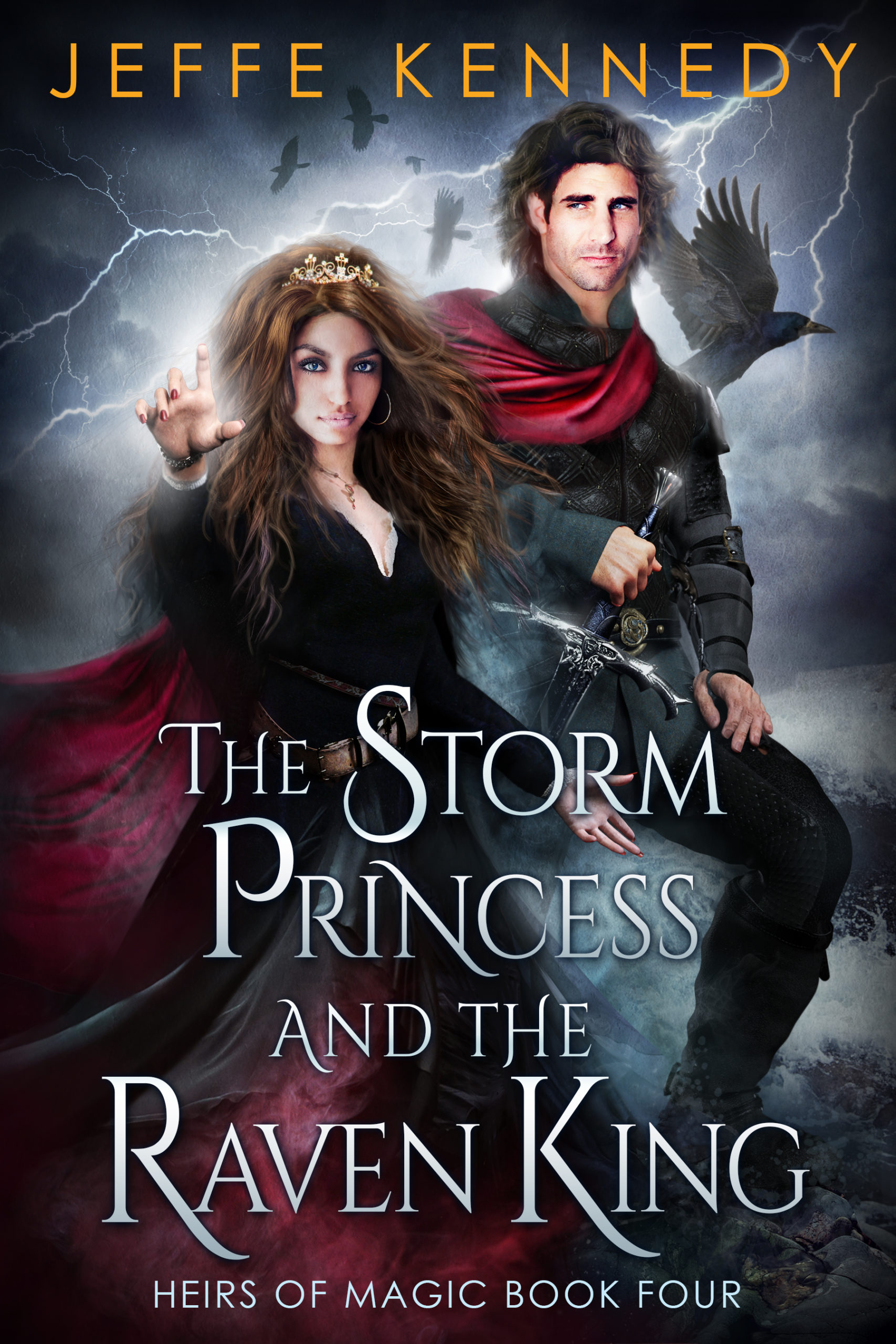
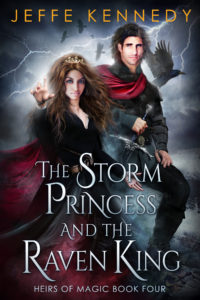



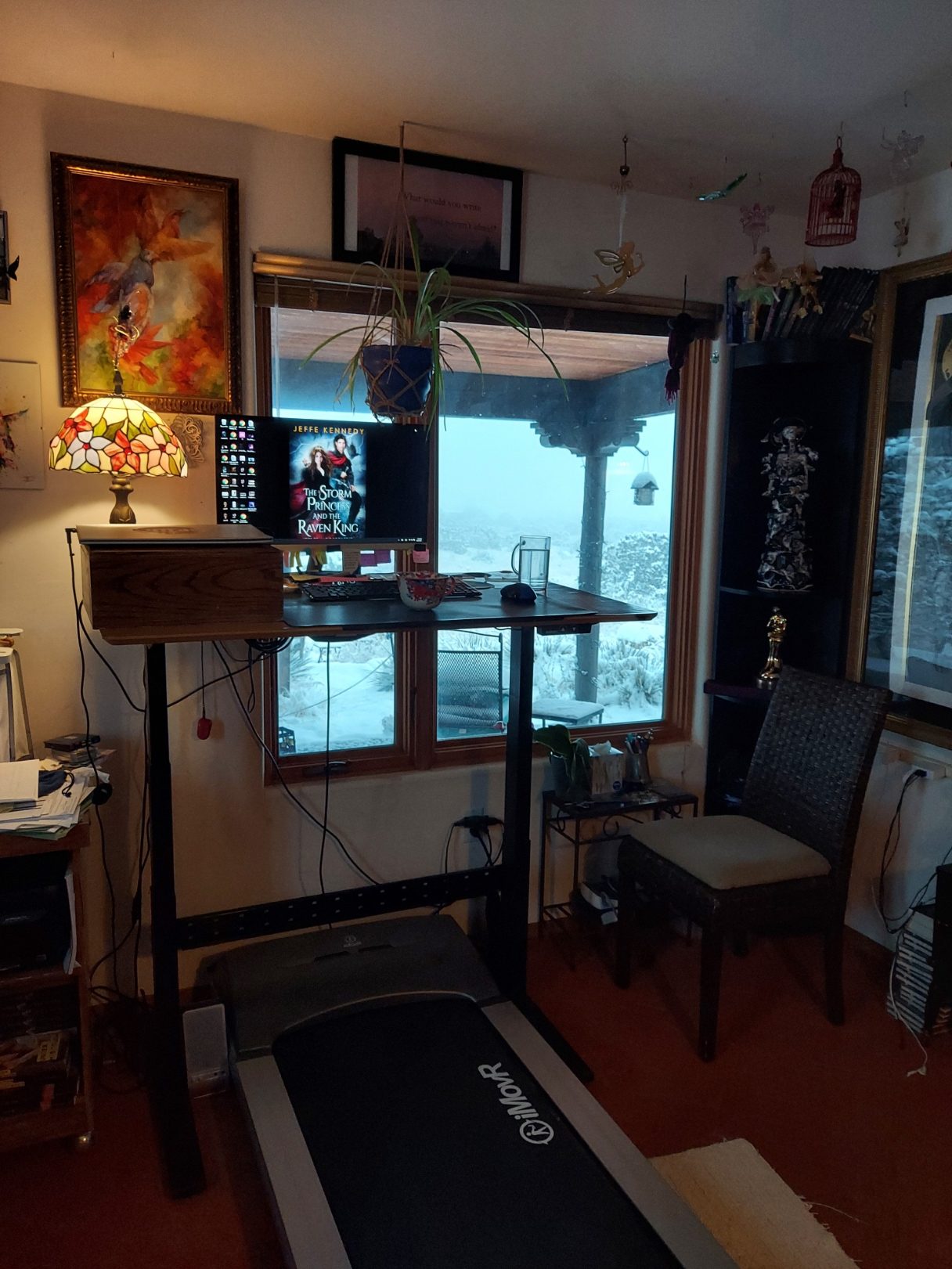
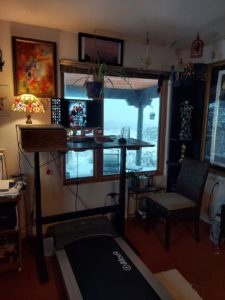

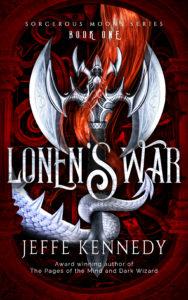 This week at the SFF Seven we’re discussing Cover Trends. We’re asking “What was, is, and will be “hot” in cover art/style for your sub-genre? If you have a say in your covers, will you chase the trend or will you stick with the image in your mind?”
This week at the SFF Seven we’re discussing Cover Trends. We’re asking “What was, is, and will be “hot” in cover art/style for your sub-genre? If you have a say in your covers, will you chase the trend or will you stick with the image in your mind?”